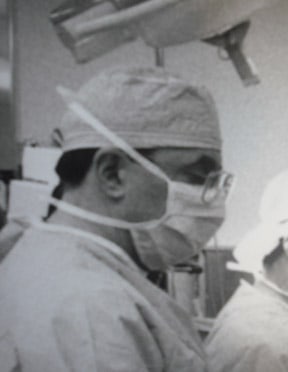I know it’s only the New York Post, but that headline could not be more misleading:
The article says that state health inspectors found “19 instances of safety or security lapses that put New York City hospital patients in ‘immediate jeopardy.’” The inspections took place from January 2015 through January 2018.
Pop quiz. How many hospitals are in New York City?
A. 28
B. 51
C. 73
D. 96
The five boroughs of New York City are home to 96 hospitals. I don’t know about you, but I would say 19 violations among 96 hospitals over a three-year period does not meet the definition of “riddled with.”
To be sure, some of the violations were egregious and should never have happened. The Post article listed a few. Two patients died of cardiac arrest during minor surgery at two different facilities run by one hospital. The story implied that delays in the recognition of problems occurred and the surgeons were responsible. The role of anesthesia was not mentioned.
Another hospital failed “to properly investigate the claims of two women who said they were sexually abused” by an emergency physician. The “immediate jeopardy declaration” was lifted after the hospital proved that its staff had been educated—exactly which staff and what the education was is unknown. We do know a fine of $2000 was imposed upon the hospital, which does not seem like much to me.
A Bronx hospital was cited for discharging a patient after a two-day stay and telling him to go to a walk-in clinic. He had made two previous suicide attempts. Unfortunately, he took his own life. A hospital worker said they saw large numbers of patients every day and could not admit everyone.
I hope you are sitting down while reading this because I have saved the most shocking violations for last. At a major university medical center on the upper West Side of Manhattan, “doctors and nurses in the pediatric operating rooms had hair sticking out of surgical garb.” I hope the garb was just surgical head wear and not other areas of clothing.
If that’s not bad enough, an anesthesiologist “adjusted an airway hose attached to a patient without using gloves.”
These transgressions were considered potential infection risks and prompted a quote from patient safety advocate Betsy McCaughey. She said, “It concerns me that every day in hospitals all across the city and everywhere [everywhere?] it’s the norm now to see a disregard for precautions that used to be adhered to. Hospital infections are one of the biggest killers in the United States.”
Apparently, she is unaware of several recent studies showing the type of cap worn in the operating room has no impact on surgical site infection rates. Details are lacking, but I do not see how handling the outside of a ventilator hose could cause an infection.
A recent New York Times Upshot piece pointed out that trust in doctors and medicine in general has declined significantly over the last 50 years. For example, look at what is going on with vaccine denial.
From that article: “In 1966, more than three-fourths of Americans had great confidence in medical leaders; today, only 34 percent do. Compared with people in other developed countries, Americans are considerably less likely to trust doctors, and only a quarter express confidence in the health system.”
We should all strive for perfection. Some of the above-mentioned harms are serious and should not have occurred. But “riddled with shocking violations”? A headline like that might get clicks, but it is inaccurate, inflammatory, and irresponsible.
Skeptical Scalpel is a retired surgeon and was a surgical department chairman and residency program director for many years. He is board-certified in general surgery and a surgical sub-specialty and has re-certified in both several times. For the last 8 years, he has been blogging at SkepticalScalpel.blogspot.com and tweeting as @SkepticScalpel. His blog has had more than 3,000,000 page views, and he has over 18,000 followers on Twitter.



 SkepticalScalpel
SkepticalScalpel